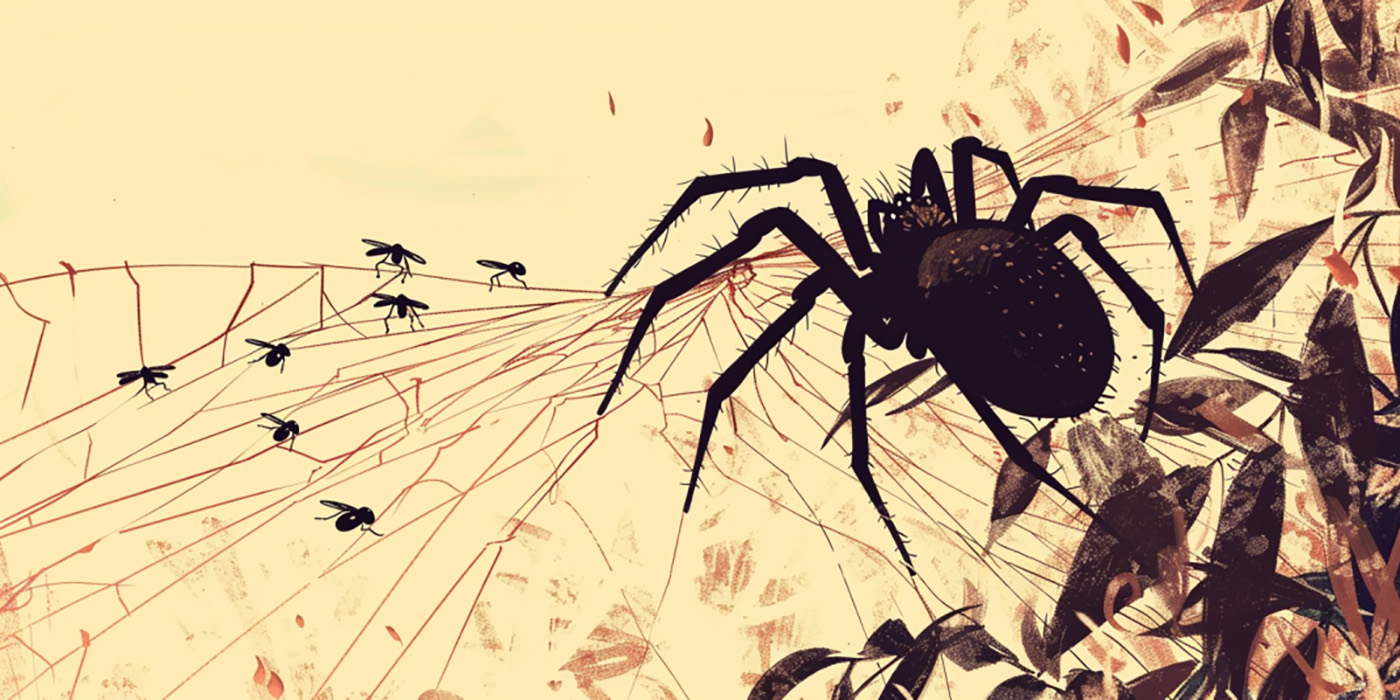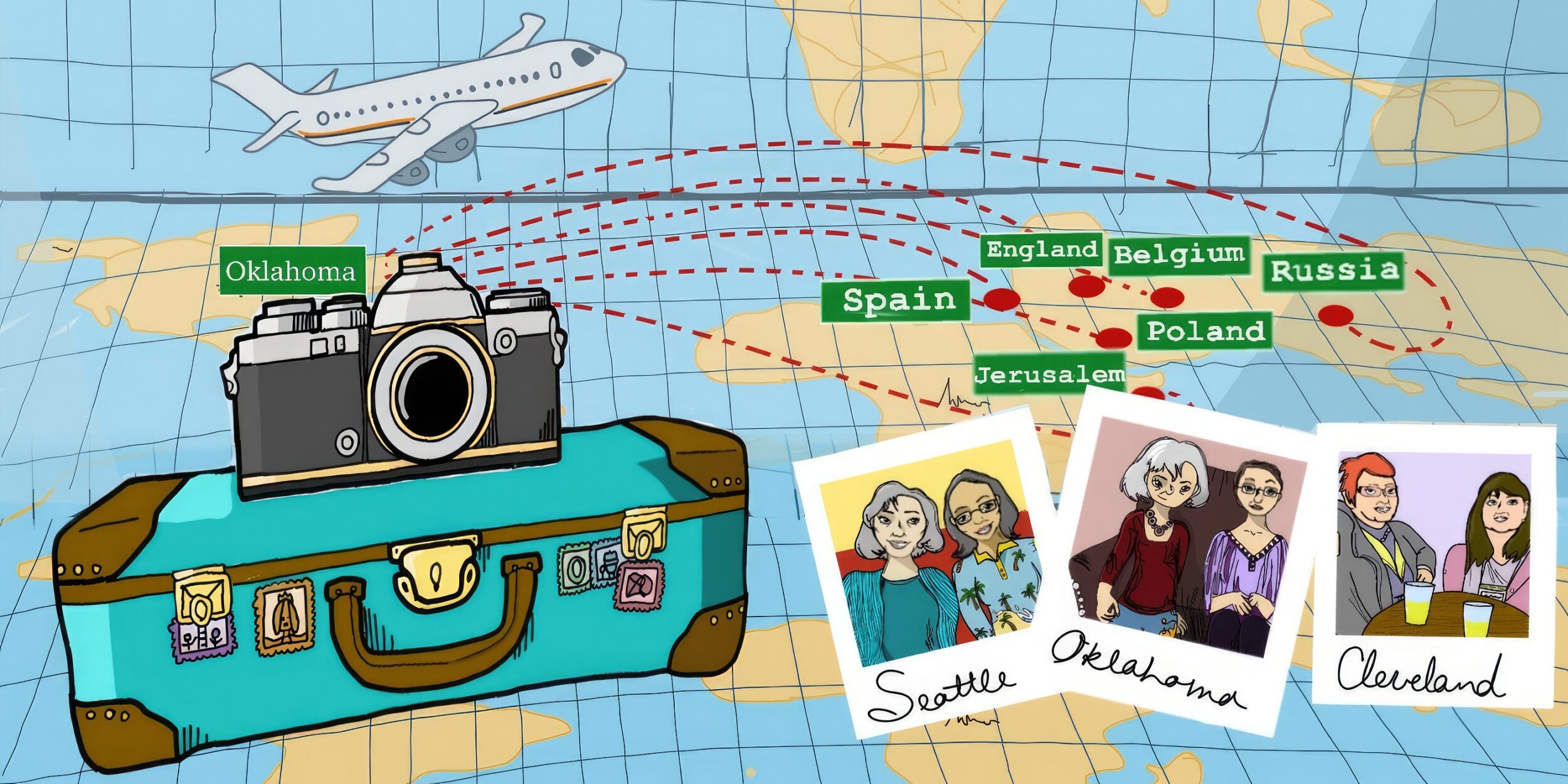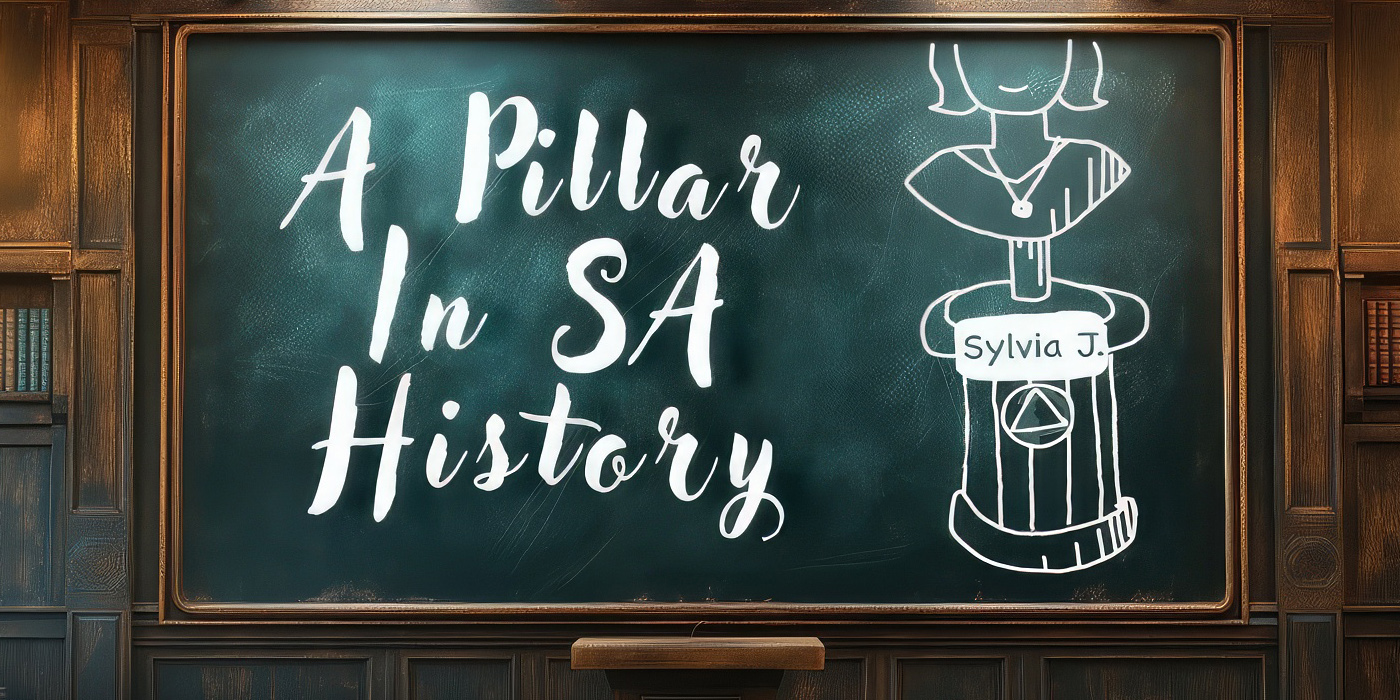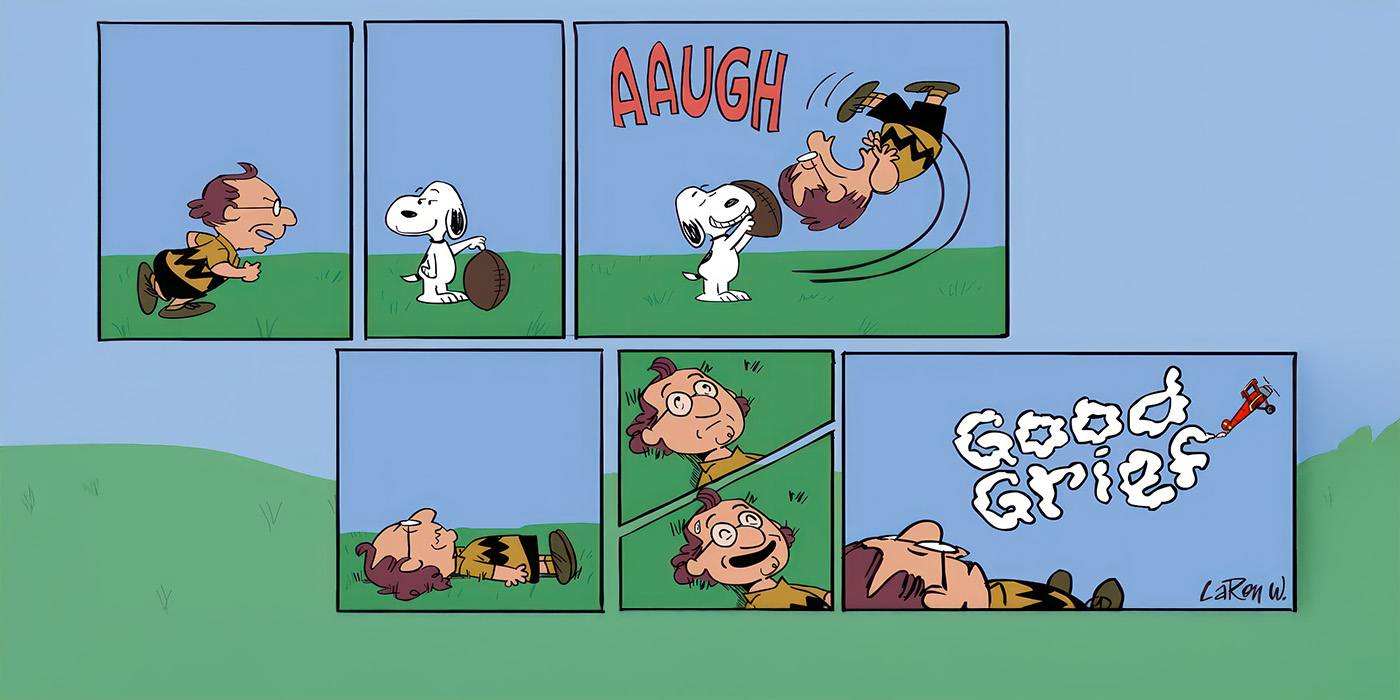
I reached out to an SA member in June 2017 in response to his email sent two months before, and I knew I had a problem with my compulsive behavior. On a daily basis, I was satisfying my “needs” like an automaton programmed to perform repetitive searches. I kept trying to fill the terrible emptiness that my secret life hid for ages.
“We were addicted to the intrigue, the tease, the forbidden. The only way we knew to be free of it was to do it” (SA 203). I understood for the first time in my life that my sexual behavior with strangers found in public places was only fulfilling the fantasies that pornography had ignited. I now wanted to be the director, star, screenwriter, and audience of my live creations with the “objects of my lust” (SA 162).
But I was completely isolated in my problem. “Our habit made true intimacy impossible” (SA 203). I had casual encounters from an early age. At 16, I rode my bike on lonely roads, hoping to make eye contact with someone and get something started. Only on a few of these occasions did anyone look back at me, but that was enough to feel I was accepted—for the time being.
When I started working the Steps with my sponsor a few months after finding SA, I came to understand that lust was more than just my self-centered desire to sexually possess people, animals, objects, and fantasies. Sure, lust was all this, but it also perverted sex itself, what I believe Higher Power created to facilitate my very existence in the world. I was stuck in my twisted idea of sex’s purpose.
I felt protected in my alternate reality, though. I could retreat and feel safe from my parents’ insults, rejection, and emotional abandonment. Other children treated me even worse, but I used my superpower to build a transparent wall through which I could still see them, but I remained safe from their taunts and laughter. I had found a solution to all my problems in porn, fantasy, and acting out, but absolutely no one could know about it. These walls became the masks I hid behind to wait out the pain of my childhood and adolescence.
For more than 30 years, having used lust to transport me to safer places, I also used it to transform myself into different characters that suited whatever the situation. At work I became efficient, assertive, strong, and powerful and was rewarded for it. I deftly threw jabs at others to generate smiles from my friends, and I’d occasionally make a merciless attack with my hurtful words just to show I couldn’t be pushed around.
With my girlfriend, then fiancée, then wife, I was able to satisfy my ego (that had no limits) by becoming a loving, kind, attentive, and helpful partner who perfectly complemented the defects I so wrongly assumed she had. My superpower stopped working so well, and we both became miserable rather quickly. We thought that having children would save us, but I was still “conning [myself] time and again that the next [trick] would save [me, I was] really losing [my life]” (see SA 203).
I have now reached seven years of sexual sobriety. Every day I accept before God and before the Fellowship that I am still a sexaholic, powerless over lust. I recognize now that I do have a super Power, but this one gives me sobriety and recovery. I have been gifted an awareness of my behavior (that I used to ignore to avoid being judged by God). This awareness now warns me almost instantly when lust is in play. As I get close to the edge, my allergy to lust kicks in, and I begin to lose serenity and my trust in God. If I linger there, I feel a tingle that wants to transport me back to my dark past.
At this moment, the decision to make a Program call or to leave a location is vital, but I feel the intoxication in every pore of my body. When I surrender to my new super power, the Higher Power, I am lovingly welcomed, and I weep with joy as I receive the Protective Embrace.
When I read, “We realize we know only a little…” (SA 210), I’m grateful to Higher Power for rescuing me from where I used to exist. I heard an oldtimer say, “‘Figure it out’ is not a Program tool.” I could certainly never have figured out this new existence on my own. It turns out my superpower wasn’t so super after all.
When I do my best to employ right-decision making and perseverance, my confidence grows that the SA program works if I work it and that “God is doing for [me] what [I] could not do for [myself]” (see AA 84).
Juan Carlos L., Madrid, Spain






